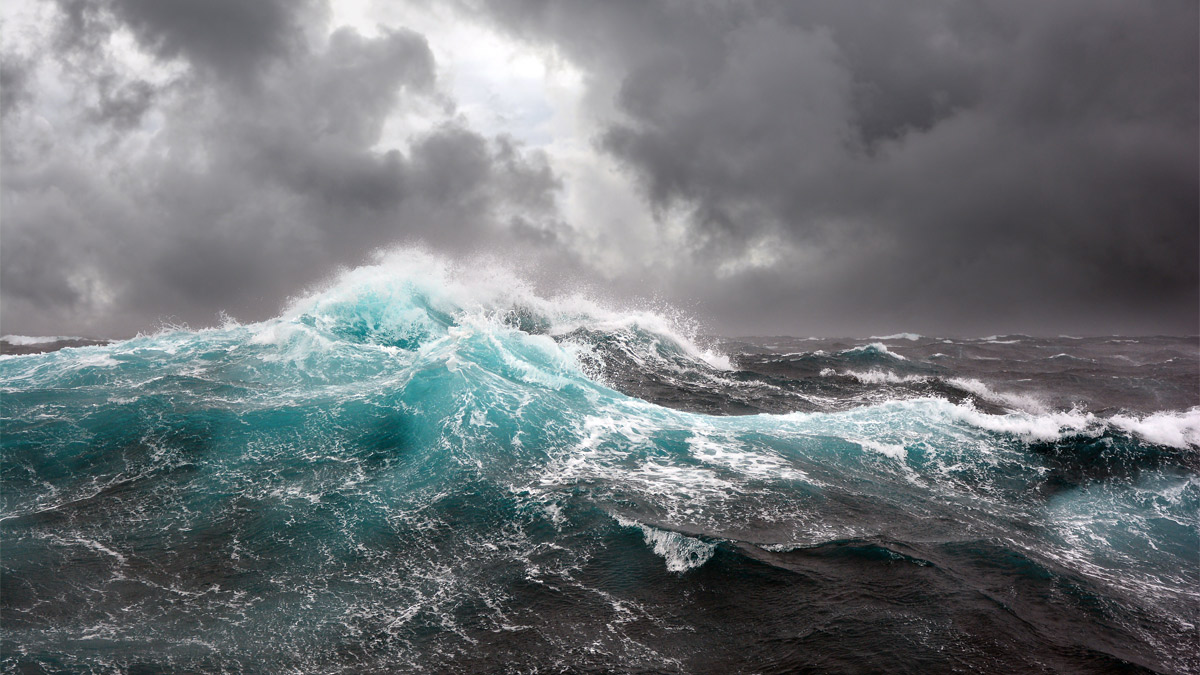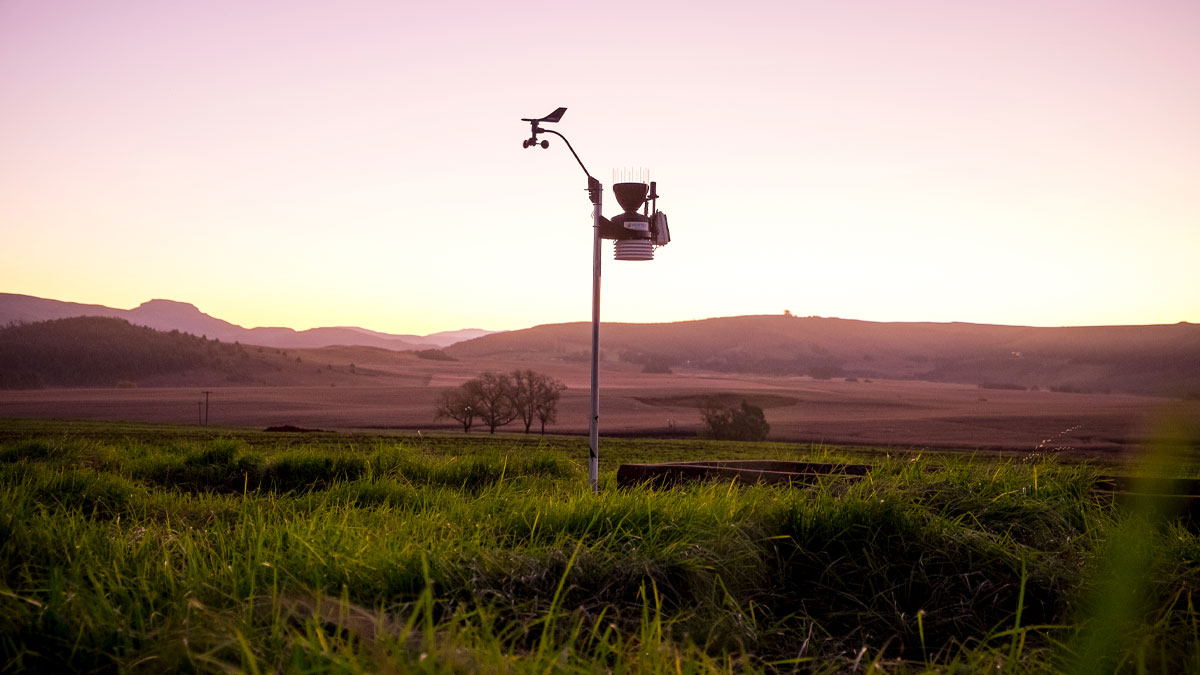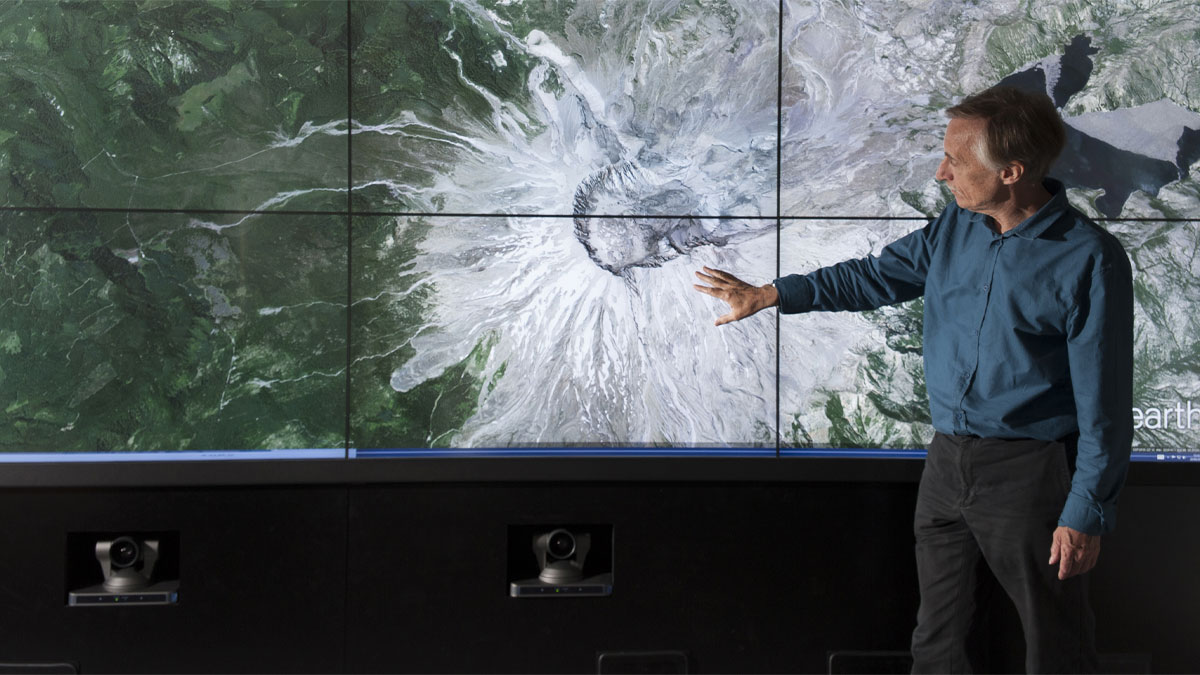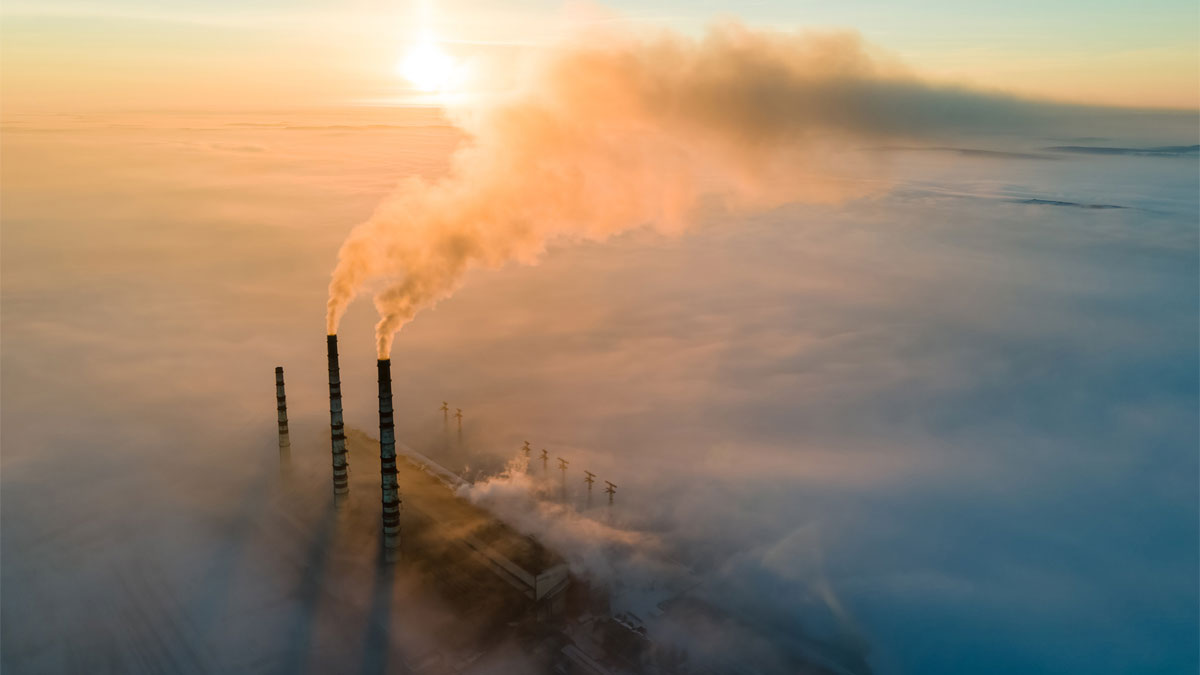A master's degree in meteorology from the University of Reading will prepare you for your chosen career, or for doctoral study. Studying in our world-leading Department will greatly enhance your career potential and help you stand out in the job market.
Overall, 92% of graduates from Meteorology at the University of Reading are in work or further study within 15 months of graduation; of those in full-time employment, 95% are in graduate-level roles (Five-year average, based on our analysis of HESA data © HESA 2020-2025, Graduate Outcomes Surveys 20/18/19-2022/23; includes postgraduate (taught) Meteorology responders).
"The MSc in Applied Meteorology was a clear winner above the other options I considered. I came to Reading wanting a challenge; it's no exaggeration to say that doing so has completely changed my career direction."
Emma, MSc Applied Meteorology
Past graduates have gone on to work for employers such as:
- The British Antarctic Survey
- The Met Office
- Fugro
- Aerospace & Marine International
- The National Environment Agency
- meteorology centres across the globe.
(Based on HESA data © HESA 2021 - 2025, Graduate Outcomes Survey 2018/19 - 2022/23; includes postgraduate (taught) responders from the Department of Meteorology).





